The Compass Curriculum is where curiosity meets real-world application. Designed for middle schoolers, this course helps students connect STEM to their lives, interests, and future possibilities.
The course contains eleven exciting units wherein students explore diverse fields from flight and electronics to environmental science and medical tech — while strengthening core skills in problem-solving, collaboration, and creative thinking.
Within each unit you will find three levels. These levels allow the teacher the flexibility to pick and choose which units and levels best meet the abilities and needs of their students. For example, the teacher may choose to progress through all three levels of a unit in order or choose to only complete one or two levels in a unit. The levels are designed to work independently, while increasing in rigor.
Individual Units in this Course:
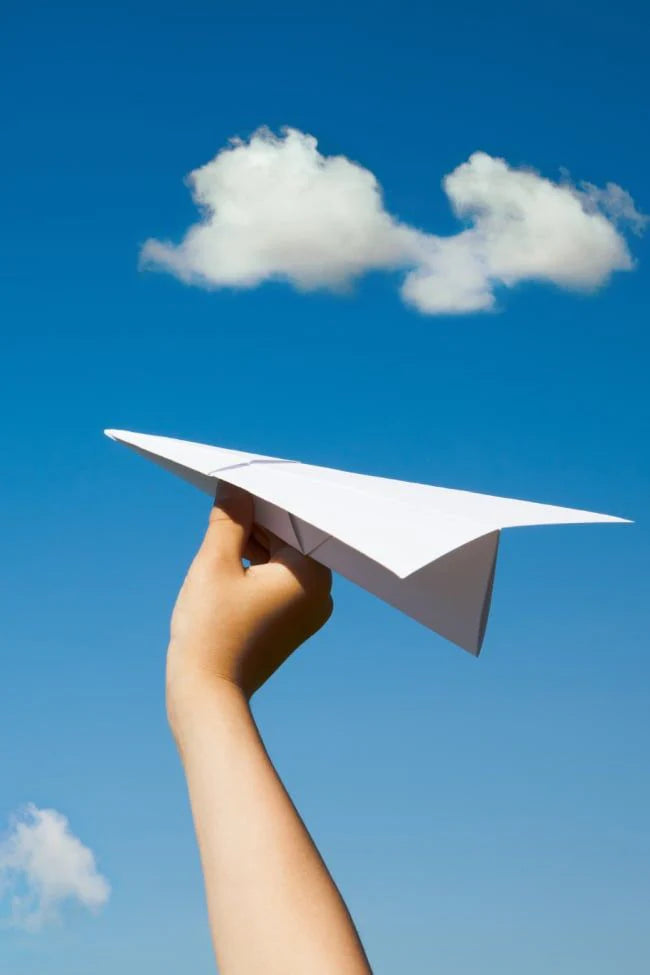
Properties of Flight
This unit reviews the history of flight, parts of a plane, and the four forces of flight. Students use the forces of flight to design, construct, and modify a paper airplane that flies the farthest.
- 2-3 Hours
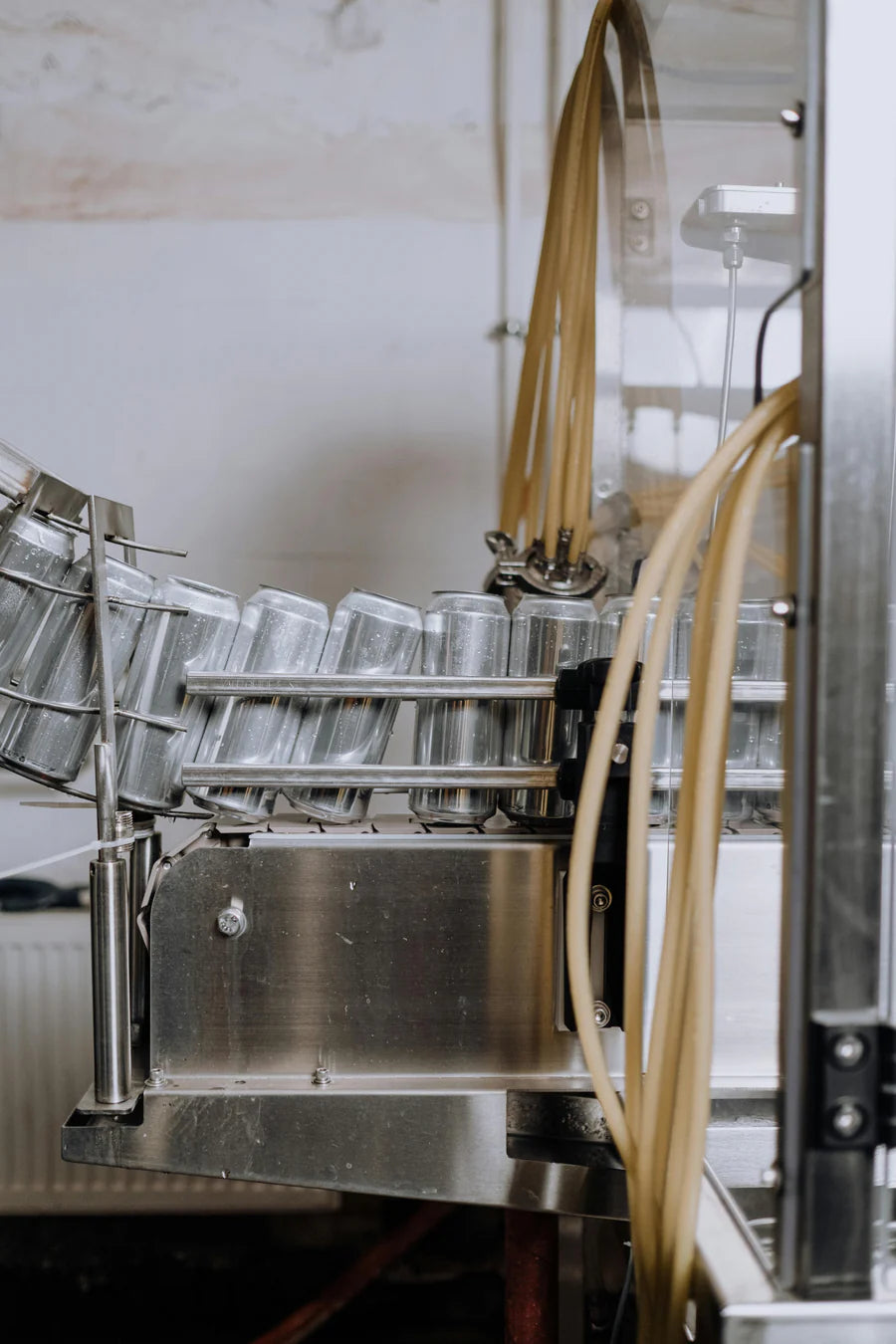
Manufacturing a Product
This unit reviews the components that make up the manufacturing process such as safety, design, purchasing, processing, production, packaging, and distribution.
- 2-4 Hours
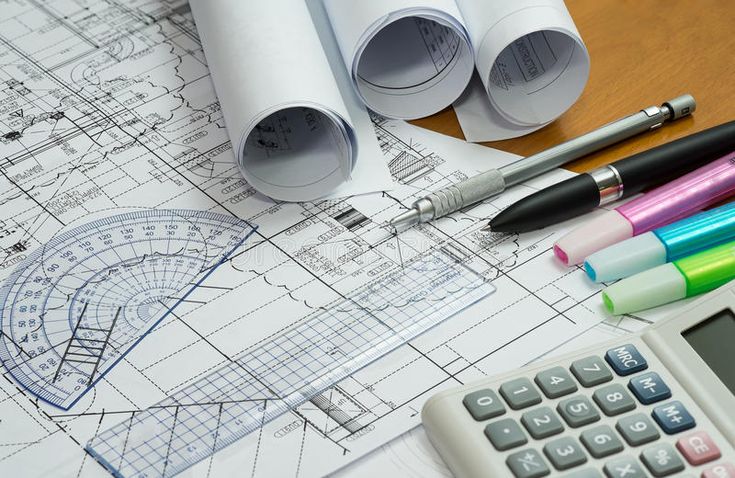
Engineering Draw and Measure
In this unit, students will master engineering fundamentals — from ruler-based measurement (to 1/16") and orthographic drawings to 3D modeling in Onshape, while learning measurement tolerance (to 0.001") with dial calipers.
- 4-6 Hours
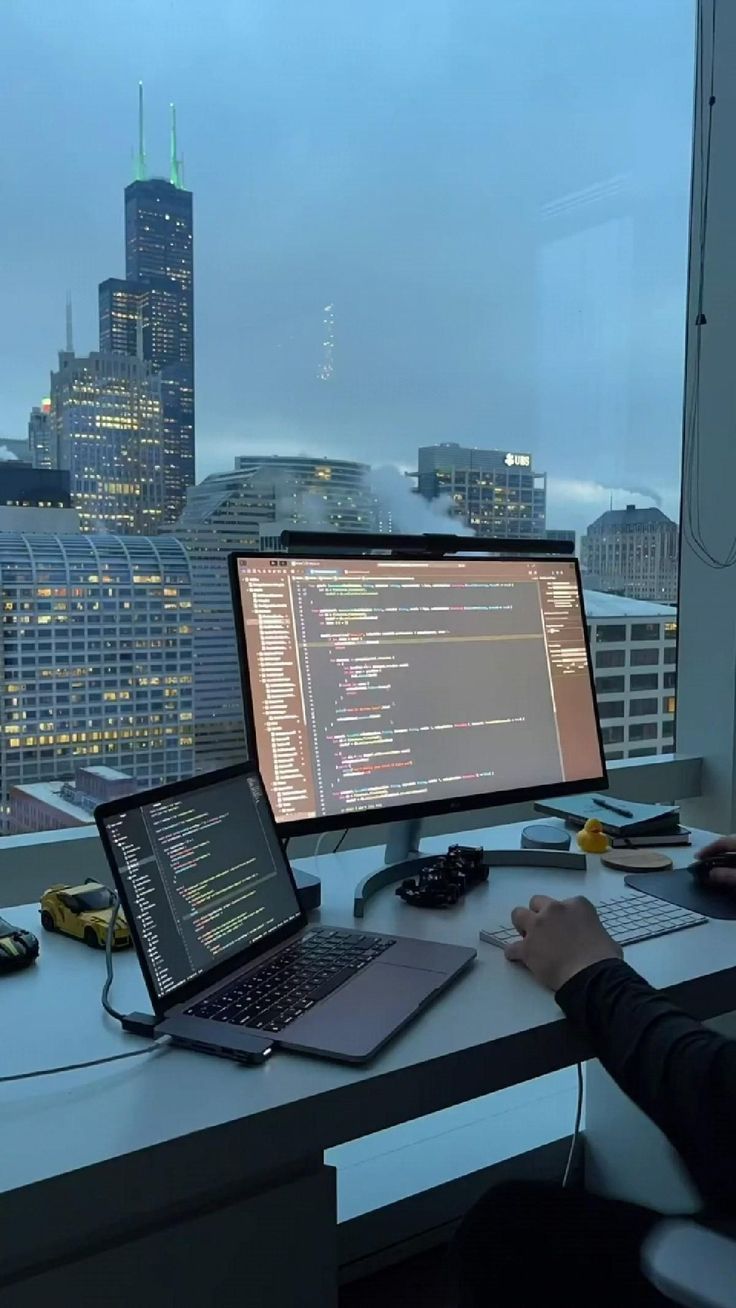
Electronics and Coding
In this unit, students will explore coding and problem-solving through MIT's Scratch platform while mastering Arduino microcontroller fundamentals. They'll begin by learning analog and digital input/output systems, then progress to programming components like LEDs, switches, photoresistors, and servos.
- 6-12 Hours

Transportation
In this unit, students explore how transportation impacts daily life. First, they investigate vehicles, subsystems, regulations, and processes while designing or modifying balsa gliders for optimal hang time. They will also examine transportation safety and study friction effects.
- 2-4 Hours
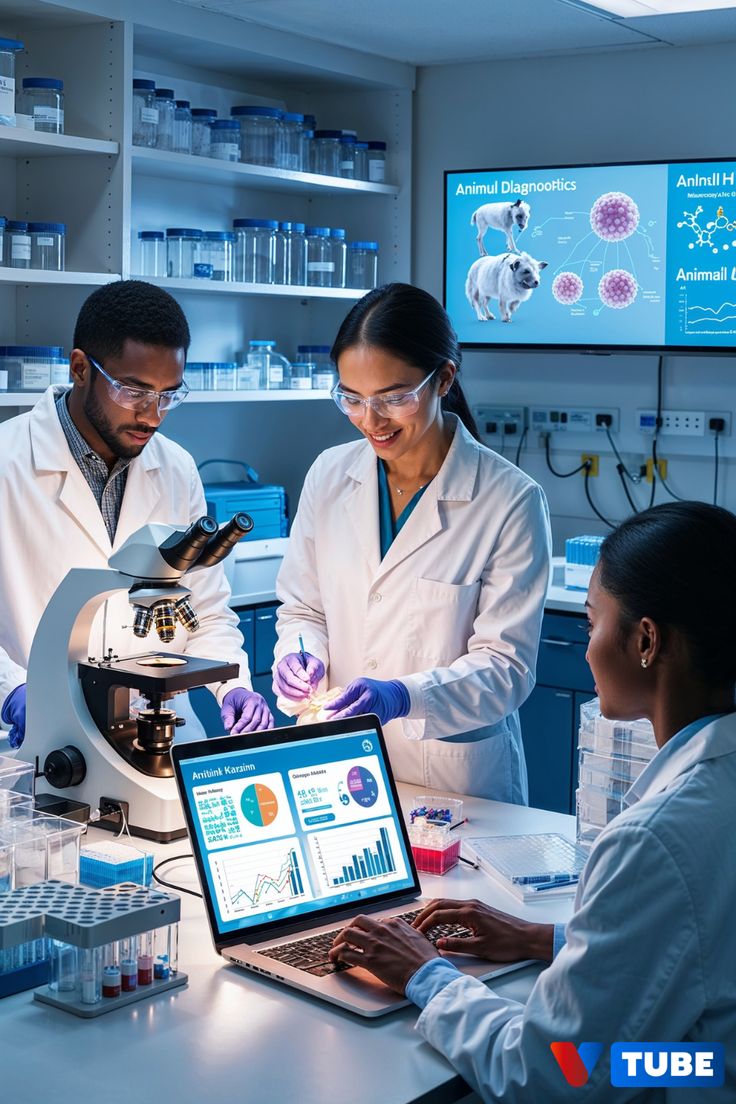
Medical Technologies
In this unit, students explore medical science through hands-on investigations: analyzing bacterial growth under varied conditions, studying virus transmission and blood pressure mechanics, and applying medical innovations by designing surgical instruments and practicing first aid techniques.
- 2-4 Hours
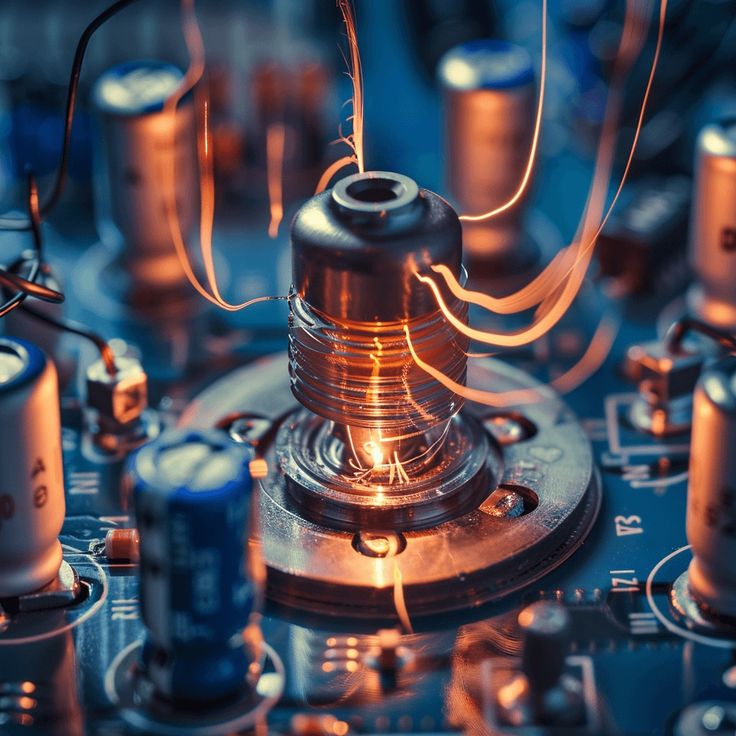
Acoustics and Electromagnetism
In this unit, students investigate electromagnetic forces by creating electromagnets, crafting speakers to understand sound waves, and building ukuleles to explore energy conversion and sound science —progressing from particle-level concepts to functional device creation.
- 2-6 Hours
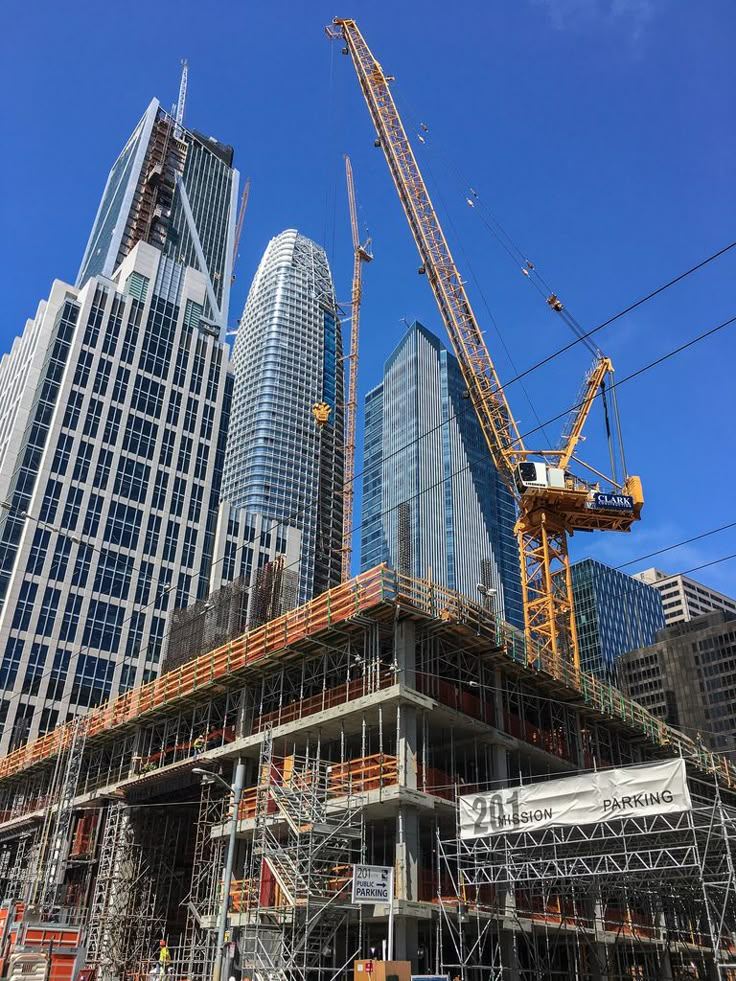
Architecture and Construction
In this unit, students progress from 2D architectural drawings (floor plans and elevations using professional scales) to 3D model fabrication, developing practical skills in technical drafting, personalized design expression, and physical model construction through hands-on projects.
- 2-4 Hours

Environmental and Agricultural Concepts
In this unit, students examine agriculture-environment connections through analyzing food systems and hydroponic , designing sustainable buildings, and constructing greenhouses or flood-proof homes — gaining hands-on experience in solving ecological problems through science and engineering.
- 3-5 Hours
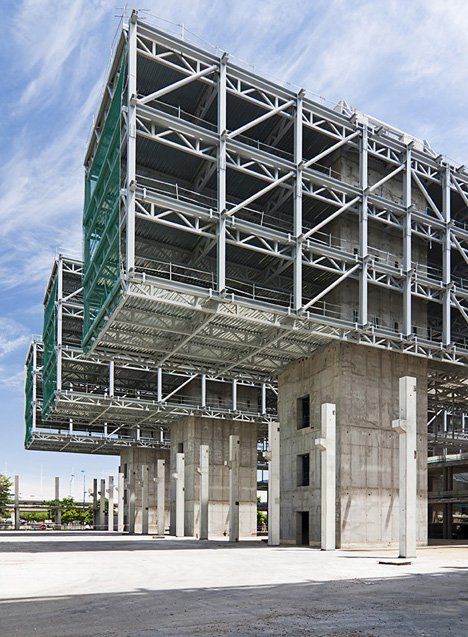
Structures
In this unit, students become structural engineers — first discovering how shapes affect stability with notecard constructions, then competing to build the strongest balsa tower, and finally mastering bridge physics by designing high-efficiency balsa bridges. They will learn to optimize both form and function in structural design.
- 1-4 Hours

Electricity
In this unit, students explore electricity through progressive challenges: from basic circuits in greeting cards to schematic-driven flashlights and custom circuitry games , building expertise in series/parallel systems, component use, and safe electrical design.
- 2-4 Hours








